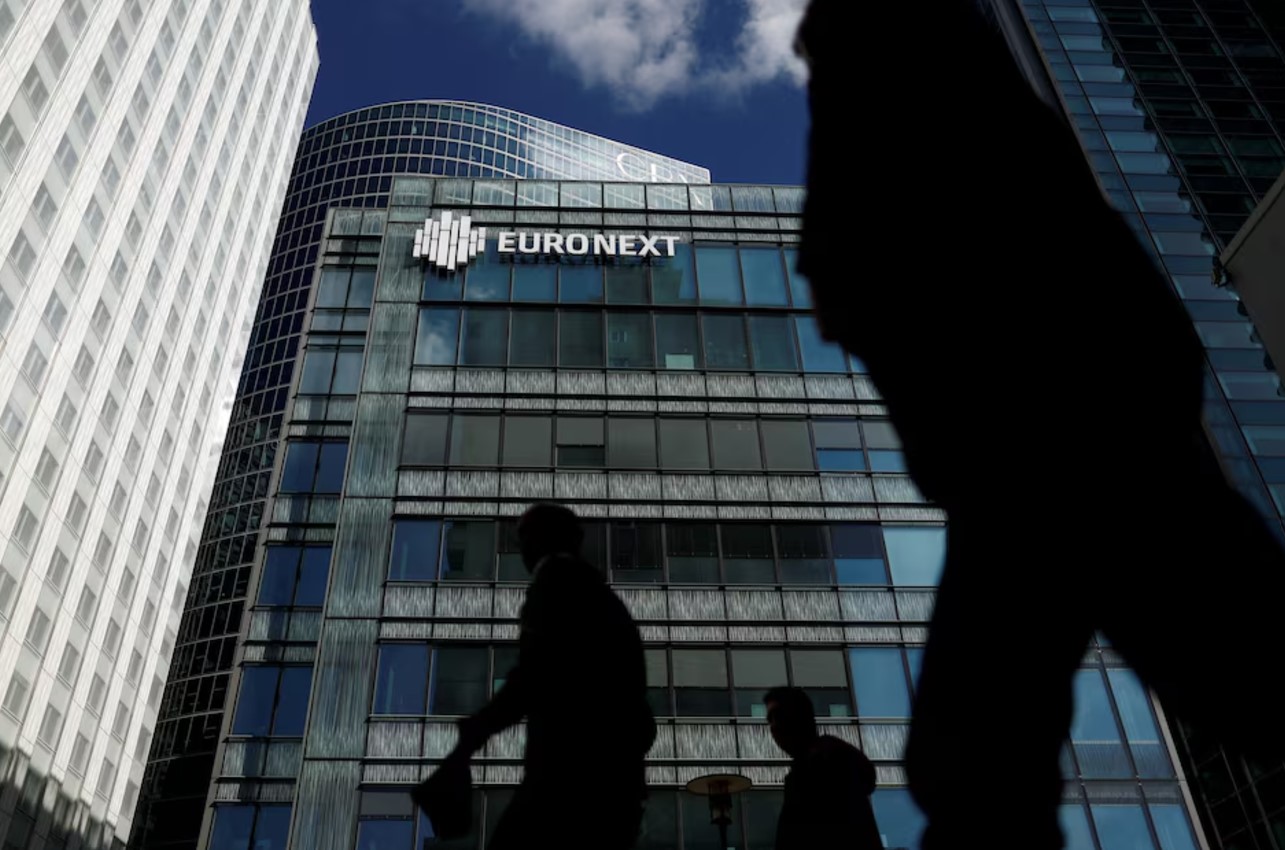Tri-State City; 4 EU countries into 1 metropolis

Europe wants to merge four countries into one European city capital, transforming international relations and global economy.
A concept much in its early stages is still being considered by EU leaders, who are set on redefining the values and future of the European Union.
Tri-State City; immense potential
Being the second most densely populated continent in the world and home to 10 of the largest world economies, united in four countries, Europe could live to see its rise to global power in economy, science, and society. The dream of the Tri-State City has been around for almost a decade, set to capitalise on the strengths of European countries by fusing them into one immense metropolis.
The Tri-State City is imagined in the merging of the Netherlands with the Flanders region of Belgium, the North Rhine-Westphalia of Germany, and Lille in France, then stretching out to Brussels, Cologne, and Amsterdam with an integrated public transport system, which would aim to reduce carbon emissions.
Tri-State City visionary working on the project, Peter Savelberg shared; “In recent years we have seen enormous urbanisation with 70 to 80 per cent of the world population in very large urban areas. This means that the world economy is also concentrated in those big cities, and we need to relate to that…” He emphasised the potential of the dream city, uniting “around 30 million people” who live within the triangle and “about 150 billion in internal trade volume” who circulate within it.
Tri-State City; what Europe needs?
The fantasy City could become a global giant connecting at least 45 million people and attracting the most successful business people and investors. The urban designers behind the concept shared that they´ve been influenced by the Netherlands´s division into two parts; the Randstad and the rest of the country.
Within Randstad, four major cities work together, including Amsterdam, Rotterdam, Utrecht, and The Hague, equally distributing power without envious competition, which some European states face. Amsterdam then functions as the financial capital, Hague as the government hub, Rotterdam for logistics, and Utrecht for research and education.
As Germany tightens its borders, and the Netherlands finds itself under the threat of the Right-wing powers, it may seem like an odd time to bring the European countries together but some argue, that it may be the answer to Europe´s problems and concerns for the European collapse. The durability of the EU highly depends on the members´ stances on border control and the economy, which, with the transformative city, could either save or destroy the EU.
Not only are there concerns about the expenses required for the project but Dutch farmers have already begun protesting against the idea, arguing that it will cause great damage to the environment and lead to the eviction of hundreds of farmers from their land. Faced with the protests, the City Network website has removed most of its content, reconsidering its bold claim. Is a united metropolis what Europe needs?
Related
The European country that now has below net zero immigration…
Immigration has been one of the most crucial and divisive issues in the UK for several years - with it being debated through the Brexit referendum, recent gener
Iranian minister to meet European counterparts after nuclear offer rejected
Iran’s deputy foreign minister, Majid Takht-Ravanchi, will meet his European counterparts in Geneva on Friday after the collapse of a deal last week under whi
Iran to hold nuclear talks in Geneva with European powers
Iran will hold talks about its disputed nuclear programme with three European powers on November 29, the Iranian foreign ministry said on Sunday, days after the










